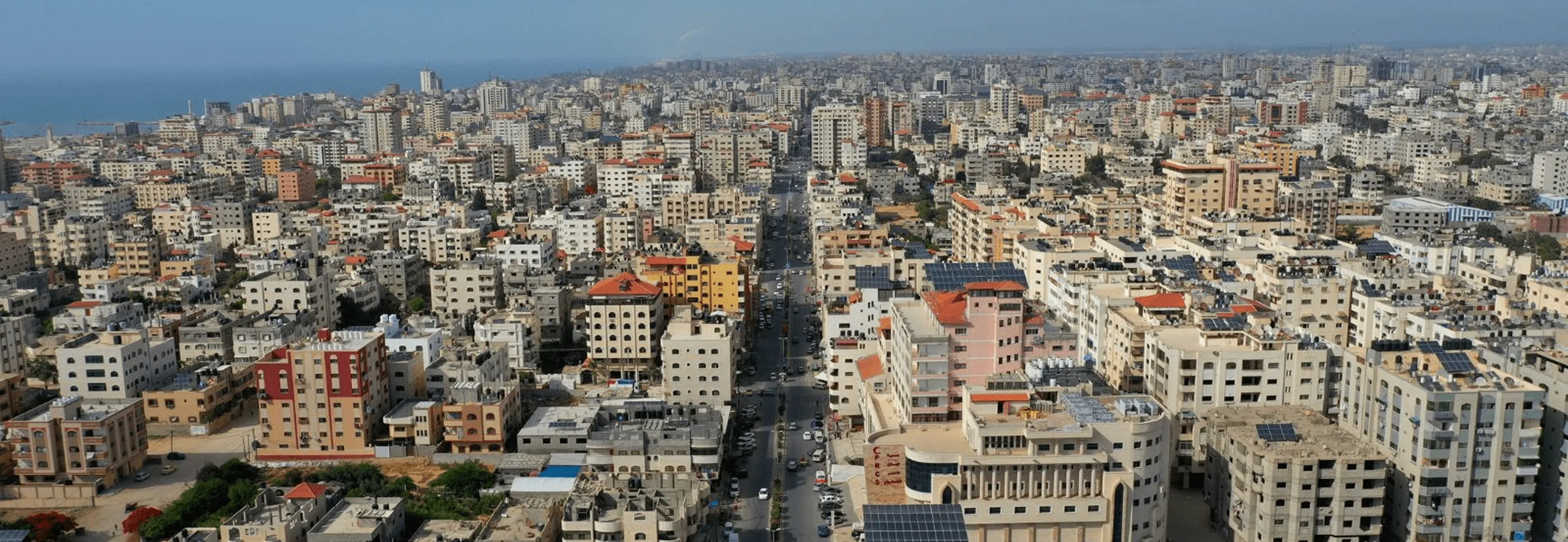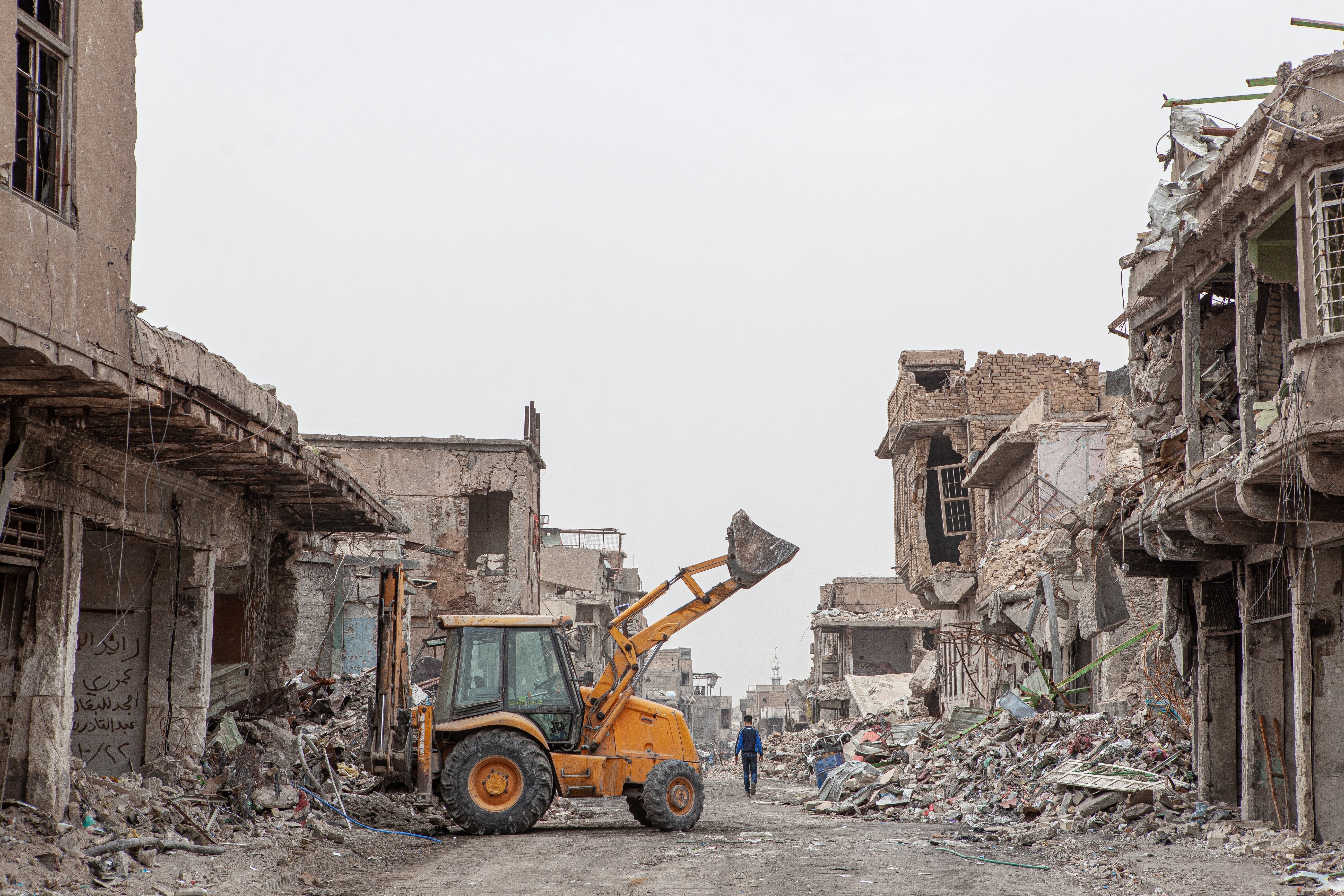
Articles
,
9/21/2020
Mali: A Transition for Rethinking Security and Stability
REPORT AT A GLANCE
The international community was fast to condemn Mali’s coup carried out by a group of army generals on 18 August, and called for an immediate return to the ‘rule of law’ and ‘constitutional order.’The arrest of Mali’s President Keïta (known as IBK) was denounced as a threat to Malian Democracy in spite of the controversial nature of the recent legislative elections and accounts of violent repression of the protests. ECOWAS’s stringent denunciation of an unconstitutional change of government denotes a certain double standard; the economic union has failed to equally condemn Ivory Coast’s President Ouattara for seeking re-election through unconstitutional means.
KEY TAKEAWAYS
- The coup has instigated a wave of condemnations by the international community, which is demanding a rapid return to civilian rule, but rushing the transition could lead to repeating the mistakes of 2012.
- The magnitude of the crisis calls for the transition used as momentum to find solutions to the Malian crisis through an inclusive process.
- The security approach, until now, has been short-sighted and predominantly military which has contributed to exacerbating the crisis.
- It is essential to involve civil society in SSR, to establish a functioning justice system, and emphasise sustainable development and state-building to tackle the drivers of the crisis.



.jpeg)